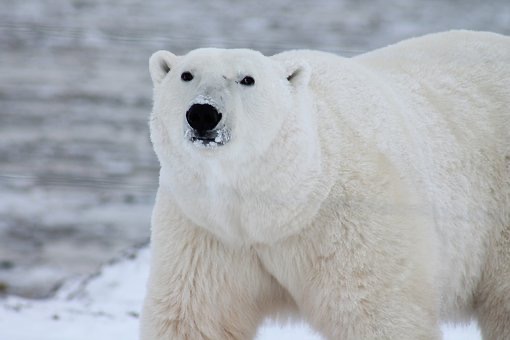More in Latest News
-


Latest News
PENGASSAN To Kick Start Nationwide Strike From Monday
In a dramatic turn of events, the Petroleum and Natural Gas Senior Staff Association of Nigeria...
-


Latest News
FG Reveals Theme For 65th Independence Anniversary Celebration
The official theme for Nigeria’s 2025 Independence Day festivities has been revealed by the Federal Government....
-


Latest News
Gunmen kidnap Plateau House of Assembly member from his residence
Gunmen have reportedly abducted a member of the Plateau State House of Assembly representing Pankshin South...
-


Latest News
CAC To Deploy AI Agent To Tackle Registration Backlog
To further improve efficiency, the Commission will also use AI to manage the high volume of...
-


Latest News
Full Text Of Governor Siminalayi Fubara Statewide Broadcast
My dear good people of Rivers State: 1. Recall that Rivers State was placed under a...





